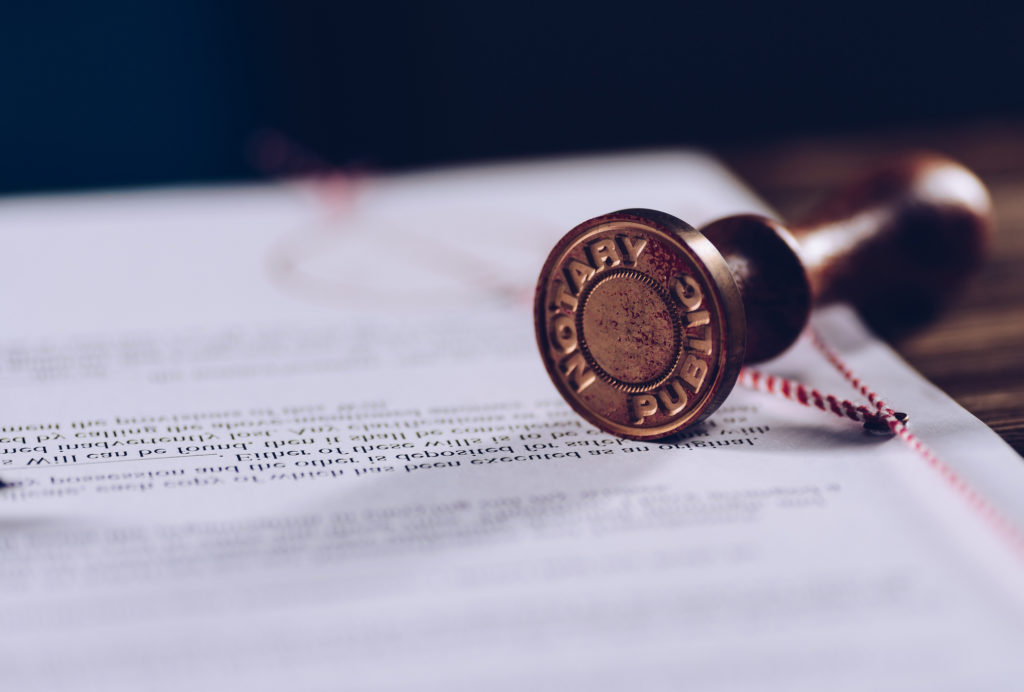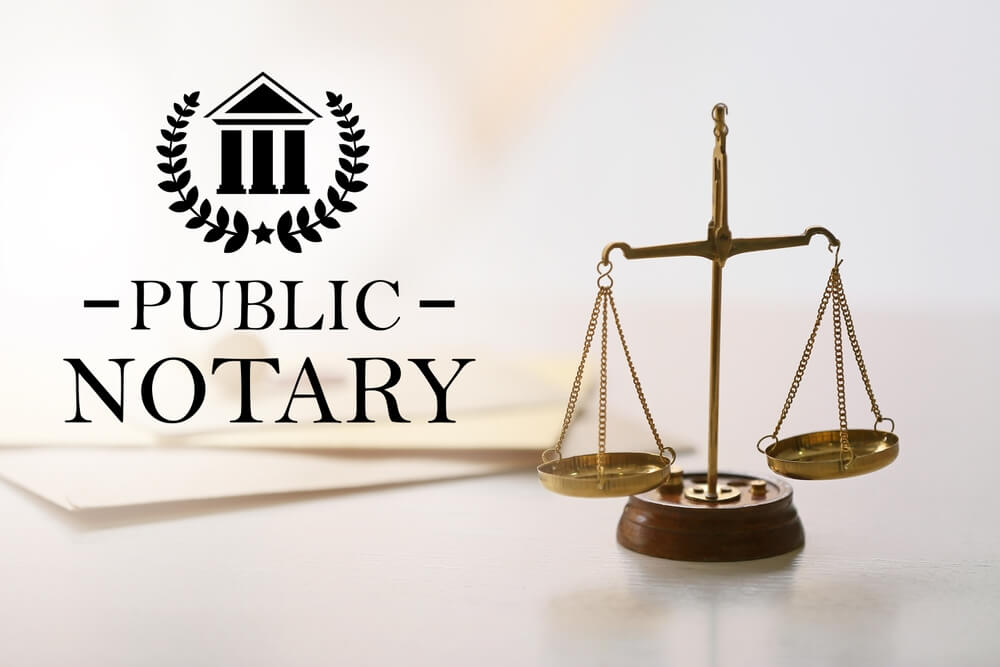Experienced Conveyancer: Navigating Building Transfers with Competence
Experienced Conveyancer: Navigating Building Transfers with Competence
Blog Article
Debunking Notarial Work: Simplifying the Role and Relevance of Notaries
In the complex web of legal documentation and confirmation, notaries stand as pillars of guarantee and authenticity. Their role, frequently shrouded in mystery for several, brings substantial weight in guaranteeing the legitimacy and stability of vital documents. As guardians of legality and truth, notaries play a crucial part in our culture, yet their job is not constantly totally comprehended. By deciphering the intricacies surrounding notarial methods and shedding light on the relevance of their acts, a more clear understanding arises of the vital role notaries play in supporting the material of lawful and legal agreements.
The Background of Notarial Job
Exactly how did notarial work develop in time to become an integral component of legal and company deals? The history of notarial job days back to ancient civilizations, where scribes played an important role in taping crucial information and authenticating papers. As societies proceeded, the requirement for a much more formalized system to make sure the validity of arrangements emerged. This caused the growth of notaries, individuals assigned by the state to function as impartial witnesses in lawful matters.
During the Middle Ages, notaries got prominence in Europe, with their features broadening to include drafting lawful files, accrediting signatures, and protecting documents. The surge of worldwide profession further emphasized the relevance of notarial operate in validating agreements and contracts across boundaries.
In the modern age, notaries remain to play an important function in lawful and organization purchases by verifying identities, verifying the credibility of documents, and avoiding fraudulence. Their role in accrediting the credibility of contracts adds a layer of protection and trust to the ever-evolving landscape of commerce and law.

Obligations and Responsibilities of Notaries
Notaries play a crucial function in validating the authenticity of records and the identification of signatories. One of their key duties is to witness the signing of vital files, such as actions, wills, and agreements, to make certain that all celebrations are getting in right into arrangements intentionally and voluntarily.
They accredit copies of original files, offering assurance to organizations that the duplicates are real reproductions of the originals. Generally, the obligations and obligations of notaries are essential in safeguarding the integrity and legality of different files and deals - Apostille.
Notarial Certificates and Signatures
Exemplifying careful interest to detail, notarial certifications and trademarks act as crucial elements in verifying the credibility of lawful papers. Notarial certificates normally include critical info such as the day of registration, the names of the signatories, a description of the file, and the notary's official seal. These certifications supply a clear document of the notarial act, making certain that the document can be conveniently identified and mapped back to the notary who looked after the procedure.
Trademarks play a pivotal role in notarial work, as they signify the arrangement and approval of the parties entailed. Notaries thoroughly witness the signing of documents to confirm the identification of the notaries and verify that they are authorizing of their own cost-free will. By fastening their main seal and trademark to the paper, notaries certify that the required procedures have actually been followed which the file is legitimate and enforceable.
Essentially, notarial certifications and trademarks are the hallmark of credibility in lawful deals, giving guarantee to all parties entailed that the files are genuine and binding.
Significance of Notarial Acts

Notarization Refine Explained
Discussing the notarization process gives clarity on the important steps associated with validating lawful papers. The notarization process normally starts with the private providing the record to a notary public. The notary then validates the endorser's identification with like it appropriate recognition techniques. When the identity is verified, the notary makes sure that the private signing the file does so voluntarily and without any kind of coercion.

Verdict

Notarial certifications normally contain vital details such as the day of notarization, the names of the signatories, a description of the record, and the notary's main seal. These certifications offer a clear document of the notarial act, making sure that the record can be quickly determined and mapped back to the notary who oversaw the procedure.
By fastening their official seal and trademark to the file, notaries license that the essential treatments have actually been complied with and that the file is valid and enforceable.
By verifying the identity of the signatures, validating their readiness to enter into the contract, and licensing the date and place of the finalizing, notaries play an essential role in supporting the validity of lawful records.After the paper is authorized, the notary will affix their official seal or stamp onto the document.
Report this page